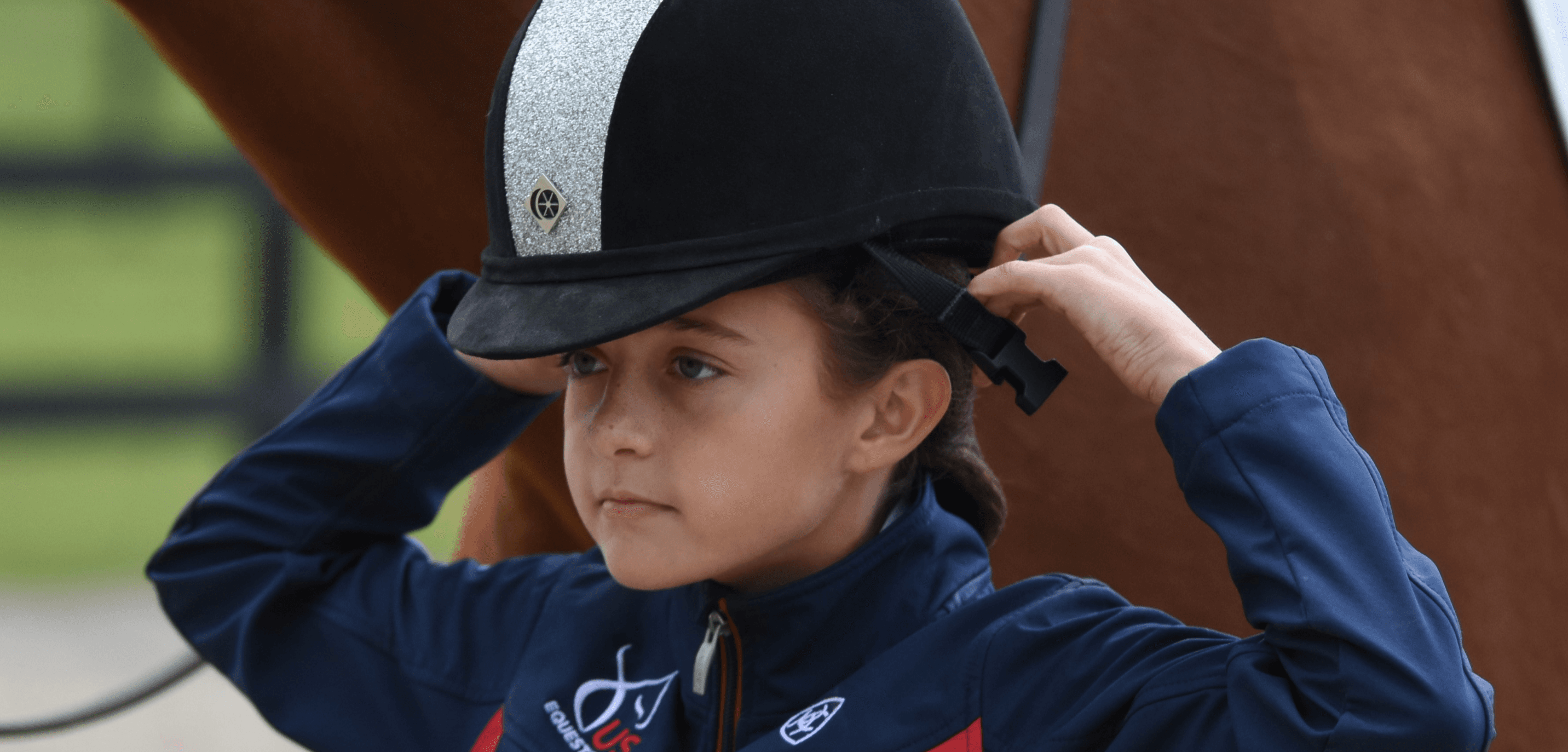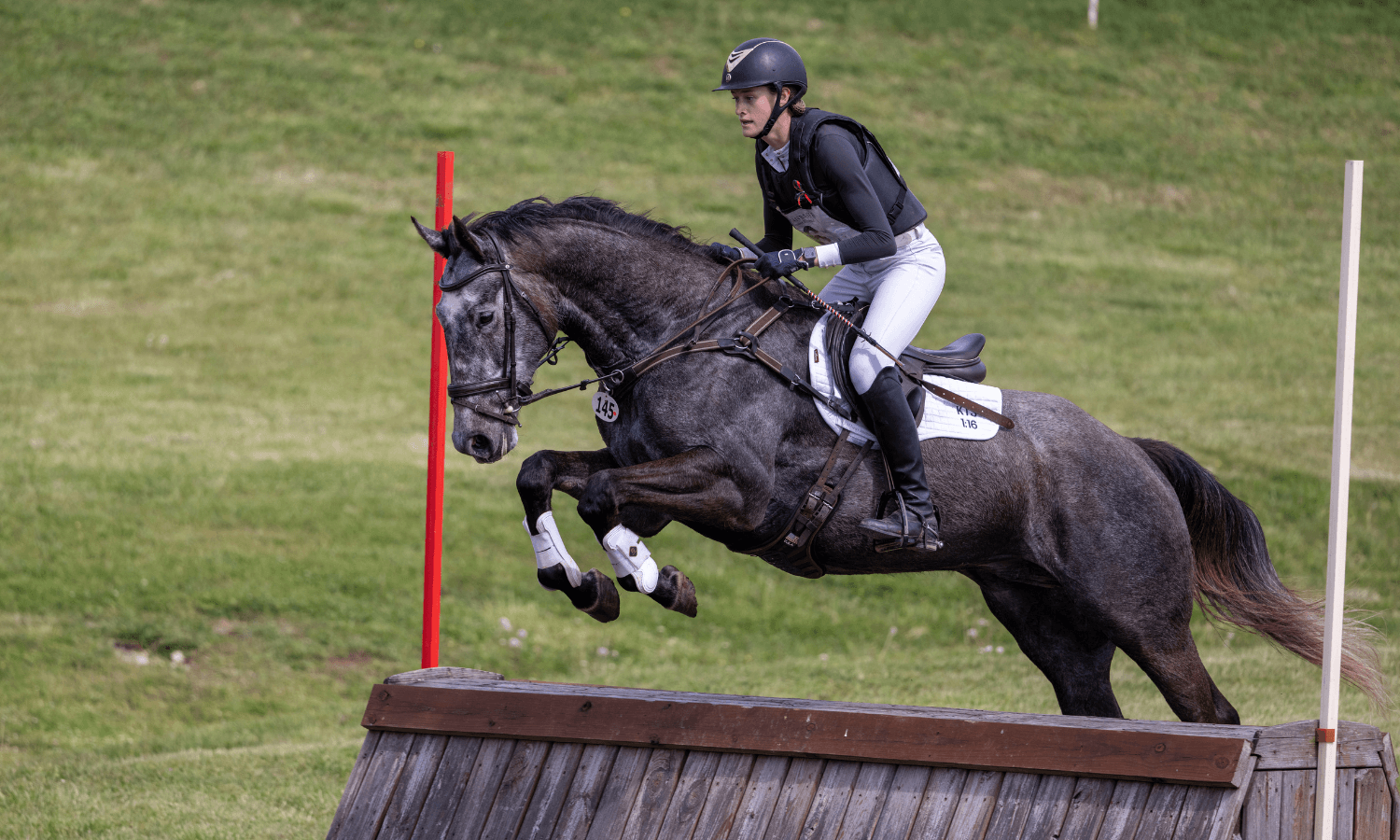Launch of USEF Helmet Safety Fund to Support Virginia Tech Helmet Lab

US Equestrian is pleased to announce the kick-off of the USEF Helmet Research Safety Fund, a fundraising effort to further the safety of equestrian athletes across all breeds and disciplines. The fund will support further research into U.S. helmet safety standards and the creation of an equestrian-specific rating system, providing riders insight into how helmet models compare when looking at safety and protection. US Equestrian is partnering with the Virginia Tech Helmet Lab, and 100 percent of funds raised will support the independent research to develop this important sport-specific rating system. In addition to the financial fundraising component of the program, USEF will be sharing important data on falls and injuries from USEF competitions which will be utilized in the research and development of the Equestrian STAR rating project at the Virginia Tech Helmet Lab.
“All of us at the Virginia Tech Helmet Lab are excited to partner with US Equestrian on the helmet rating project,” said Dr. Barry Miller, Director of Outreach and Business Development for the Virginia Tech Helmet Lab. “US Equestrian’s involvement will increase awareness, promotion, fundraising, and cross-breed/discipline benefits, as well as the broad-based connections USEF can provide to other sports in the NGB family.”
“Currently, equestrian helmets must meet basic safety standards on a pass/fail system to receive the ASTM/SEI approval,” explained US Equestrian CEO Bill Moroney. “This is a fantastic project for everyone to be involved with and we embrace the opportunity to work with all of our affiliates on a community-wide initiative to support this research and enjoy the shared benefits of the results.”
To date, the Virginia Tech Helmet Lab has developed STAR helmet ratings for sports including football, youth football, soccer, flag football, cycling, and hockey. Since 2011, Virginia Tech researchers have been providing unbiased helmet ratings that allow consumers to make informed decisions when purchasing helmets. The helmet ratings are the culmination of over 10 years of injury biomechanics research with special attention to concussions and which helmets best reduce concussion risk. Visit vt.edu/helmet to learn more.
US Equestrian is launching an awareness campaign educating the equestrian community on the importance of this research and inviting everyone to donate towards the Virginia Tech helmet fundraising goal of $450,000. Notably, the USEF affiliate United States Hunter Jumper Association has announced a donation of $100,000 to Virginia Tech's helmet fund. Future virtual meetings will bring together US Equestrian affiliates, partners, helmet manufacturers, and industry thought leaders to work together to advance this initiative.
Donations can be made at usef.org/donate/helmetresearch. If you are interested in more information, please contact [email protected].















